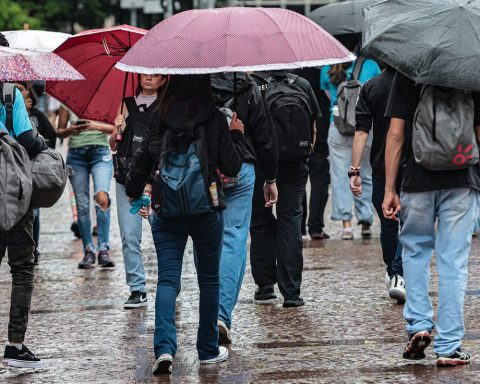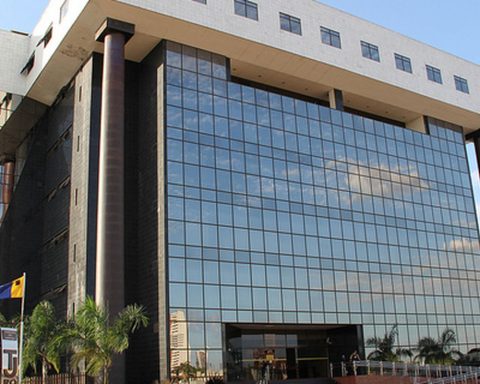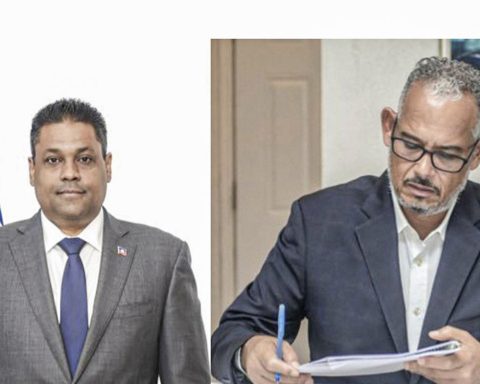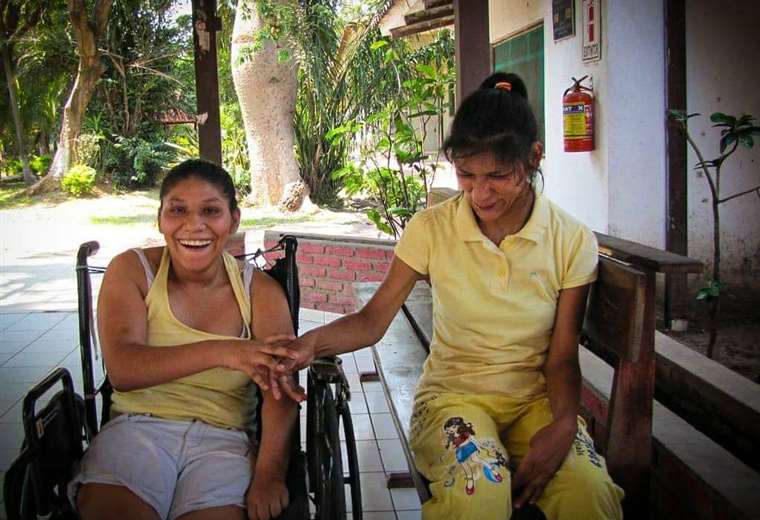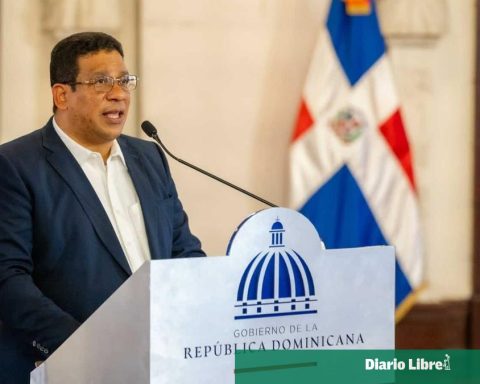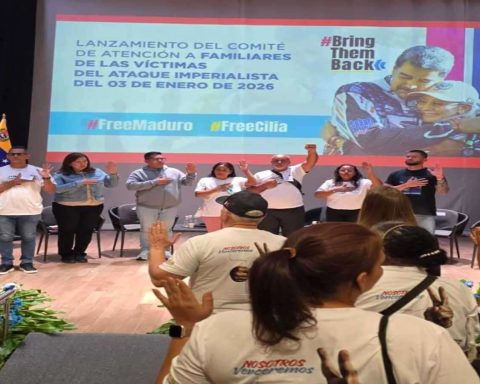The National Congress published today (20), in the Official Diary of the Unionthe law that renews the obligation of the Union to install and maintain sanitary barriers in indigenous areas to control the transit of people and goods in order to try to prevent the spread of covid-19 among the residents of these communities.
Security measures against covid-19 specific to indigenous areas have been renewed since October 2020, when Palácio do Planalto issued the first provisional measure (MP) on the subject, in response to demands from the Federal Public Ministry (MPF), of indigenous entities and the National Congress itself.
THE first MP No. 1005/2020 valid until December 31, 2020, being then replaced by the MP No. 1027which gave rise to Law No. 14,160, of June 2021.
As with previous legal texts, the Law No. 14,458enacted this Wednesday (19), establishes that protective sanitary barriers must be primarily composed of federal public servants, and may, at the request of the Ministry of Justice and Public Security and with the approval of governors and mayors, be integrated by public servants. states, the Federal District and municipalities, including the military.
The National Indian Foundation (Funai) will be responsible for planning and implementing actions to control sanitary barriers and also for paying the daily fees owed to state and municipal civil servants assigned to meet the request for reinforcement from the Ministry of Justice and Public Security.
Law No. 14,458 will be in force until December 31, and the Minister of Justice and Public Security will be able to edit complementary acts to comply with it.
According to the Indigenous Missionary Council (Cimi), an entity linked to the National Conference of Bishops of Brazil (Cnbb), until March this year, at least 1,289 Indians died as a result of complications from covid-19.

